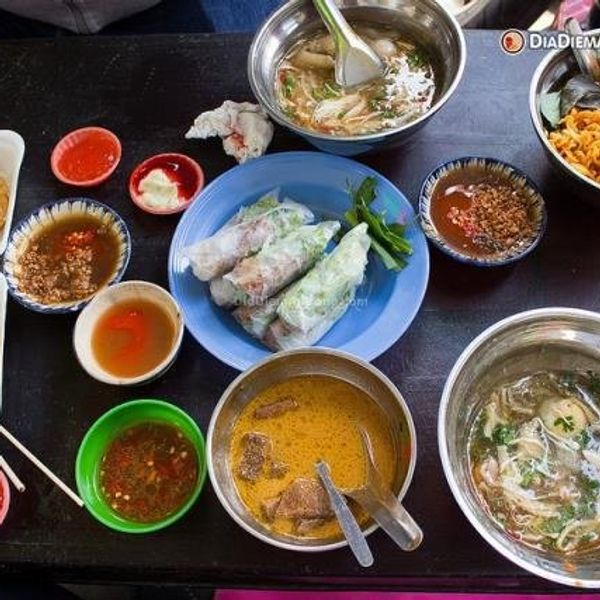“National School Lunch Program. In 2014, it provided five billion lunches to 30 million children. The federal government shelled out $11.6 billion to make that happen. Feeding our children, in other words, is big business.” Over the last several years, public schools across the nation have established and served a more precise breakfast/lunch plan for children consisting of high portions and animal products such as meat and dairy. This is thought to be nutritious by the majority or people, however, there has been an unfortunate correlation of high animal consumption with the exorbitant appearance of increasing human health complications. Over thousands of children consume their breakfast and lunch at school. However, where is that food really coming from?
“Schools receive $2.68 for each free meal served through the National School Lunch Program, a federal meal program.” Those couple of dollars must cover the food, labor costs, facility structural costs, and the milk of the school. With Public schools being provided with only a couple of dollars a day the quality of the food, they are purchasing is substandard and processed.
According to the founding Executive Director for the Healthy Schools Campaign, Rochelle Davis “It’s hard to have a meal that is less processed on less than a dollar even when you’re working with a big school system.” -
Spent hens, food that should be consumed by animals such as cats and dogs. Spent hens are hens who have spent up to a year and a half in battery cages forced to lay eggs. After they have laid hundreds of eggs with the use of hormones they are then sent to slaughter. “Owing to their age and accumulated privations, their flesh is tough and stringy and generally not something people want to eat.” The meat industry has since then convinced the US government to dump this meat which should only be consumed by non-humans or be turned into pet food or compost, into the National School Lunch Program. “From 2001 through the first half of 2009, USA TODAY found, the government spent more than $145 million on spent-hen meat for schools — a total of more than 77 million pounds served in chicken patties and salads. Since 2007, 13.6 million pounds were purchased.”
Federal food industries have been quite productive with the marketing of such meat. Meat that many major food companies have categorized as unfit and unacceptable for their paying customers to consume. Companies like McDonalds, Burger King, and Campbell Soup have stopped using this unacceptable meat in their products. Due to this major downfall in the industry, the U.S government has been the biggest buyer for spent hens. According to the senior vice president of the United Egg Producers, Chad Gregory “Due to losing market options, the U.S. government purchase programs for school lunch, military and prisons have become the largest single buyer of spent hen meat.”
Unhealthy school lunches have taken a toll on the children today. According to Centers for Disease Control and Prevention, “An estimated 17 percent of children and adolescents ages 2-19 years are obese. Obesity in children can lead to many complications in their childhood years. Obesity can rob children from interacting in social networks due to depression and low self-esteem. This complication can also cause high blood pressure, physical complications and diabetes in children at such a young ago. Instead of robbing our kids today from what should be the best years of their lives, we should be feeding them healthy nutritious food instead of feeding the wallets of the Federal Food Industries.





















